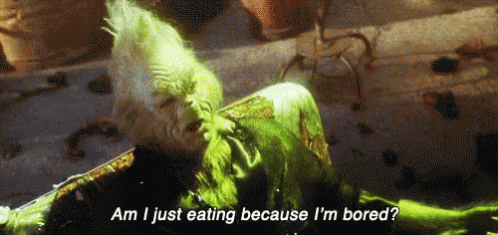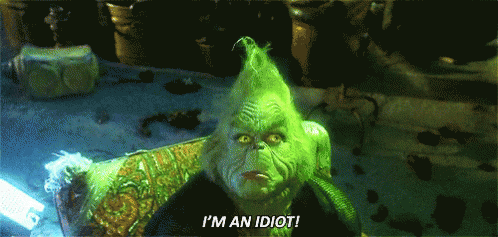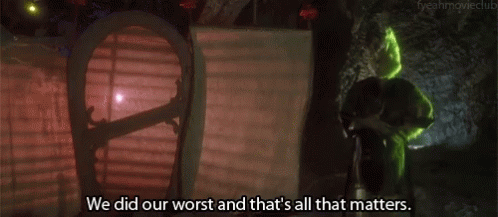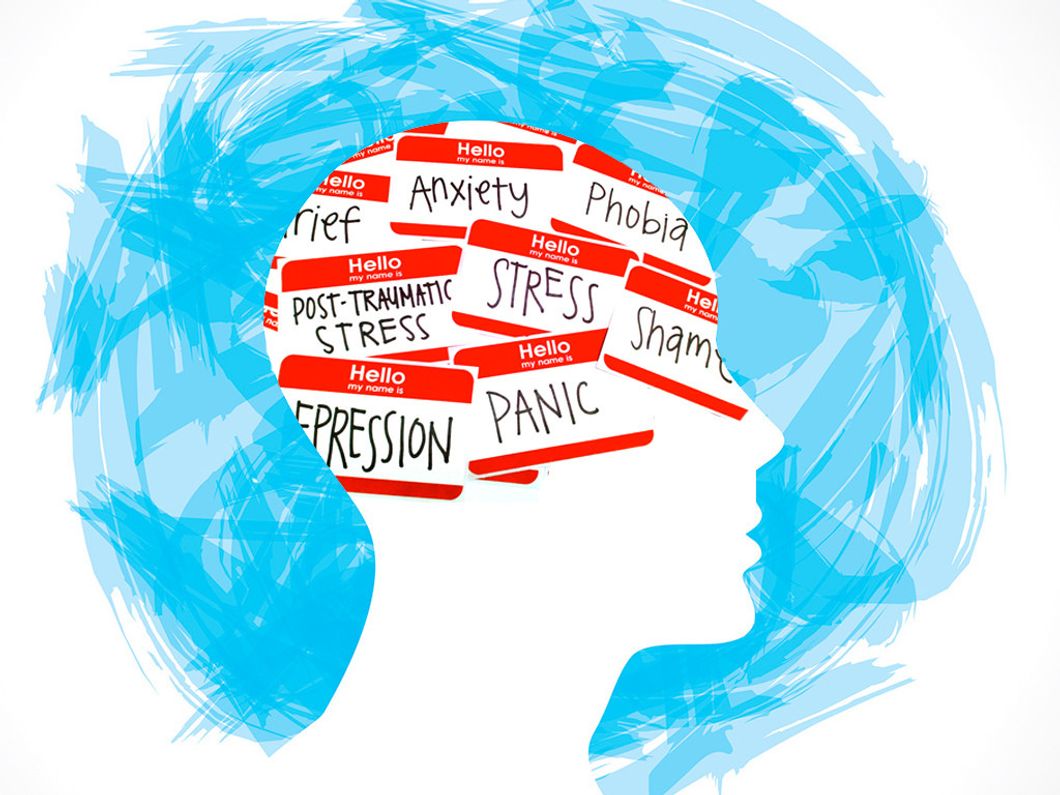We Should Learn To Be Confident
Why does society push us to believe being confident is being prideful?
I have not yet learned to love myself. If you think that this article is going to be about how I learned to love myself and how you should too, you're in the wrong place. There's already thousands of articles like that out there. Which is great! There should be! We should all love ourselves! We all should aim for that standard of feeling great in our own bodies and loving our own personalities. I wish everyone felt that way, but I know for a fact not everyone does. If you can relate to what I'm saying, this article is for you. If you can't and you do find comfort in who you are, keep reading! You have someone in your life who you need to come to understand.
When I was young, I was taught that being confident can come off as prideful. This wasn't one person whispering in my ear for me to stop being confident-- in fact, most of the time it had nothing to do with words. No one ever said "Emma, you should learn to be careful with how high your self esteem is, you don't want people thinking you're cocky." It was remarks aimed at women who talked proudly about their achievements, women who wore bathing suits that were a tad bit small and had a look of pride on their face that was matched with disgusted looks from women in the crowd. It was women who were laughed at for being proud of their bodies, reality shows featuring the snobby full-of-herself girl that was too wrapped up in her appearance to focus on anything else. It was shameful to be proud of the way you looked.
It was beautiful if you didn't realize how beautiful you were. Songs like One Direction's "You Don't Know You're Beautiful" praised young girls who didn't appear to know they were pretty, and needed a man to come along and say it so they could believe it. Girls who had low-self esteem are valued in our society. If a man tells a girl he's into that she's pretty, if she agrees she's often rejected for being too prideful. She's supposed to do the "respectful" thing and deny, so he can praise her and "save" her.
Growing up with this in the back of my mind, I never thought to look in the mirror and like what I saw. My entire family has broad shoulders and a stockier build, so I never looked like the people on TV. It didn't help that everyone around me had low self-esteem, as well. Seeing people that looked like me reject themselves made me in turn reject myself. It's hard for me to look in the mirror, and I don't have many pictures of myself because it makes me sick.
I'm not blaming the people that I learned from. It wasn't their intent to brainwash me into low-self esteem. They tried to remind me to be confident, but how could I do that when all around me was negativity? The only positivity I saw was from afar, and even that was limited. People aren't praised on TV for their confidence, they're praised for losing weight and getting plastic surgery.
So what is this article, other than an explanation for my self-loathing? It's a call to action to get the media and society to stop the negative influence. It's an article to help someone who has high-self esteem to see their friends, family members, and peers in a different light, to get a glimpse into their mind. With empathy and the dedication to change, we have the power to stop this cycle. We should encourage young girls (and everyone else for that matter) to love themselves and to be positive. That not everyone looks the same, and your body is beautiful no matter what it looks like.
What would a world look like where we all loved ourselves? How would we treat others, treat ourselves? Would the world be a better place? There's no doubt in my mind that it would be. I believe that the world would be a beautiful, unique space full of confident people and radiating with positivity. People would generally just be happier. What's the harm in that? This is a call for everyone to change, not only you but the people around you, the media, society in its whole. We have the power to make a positive world.

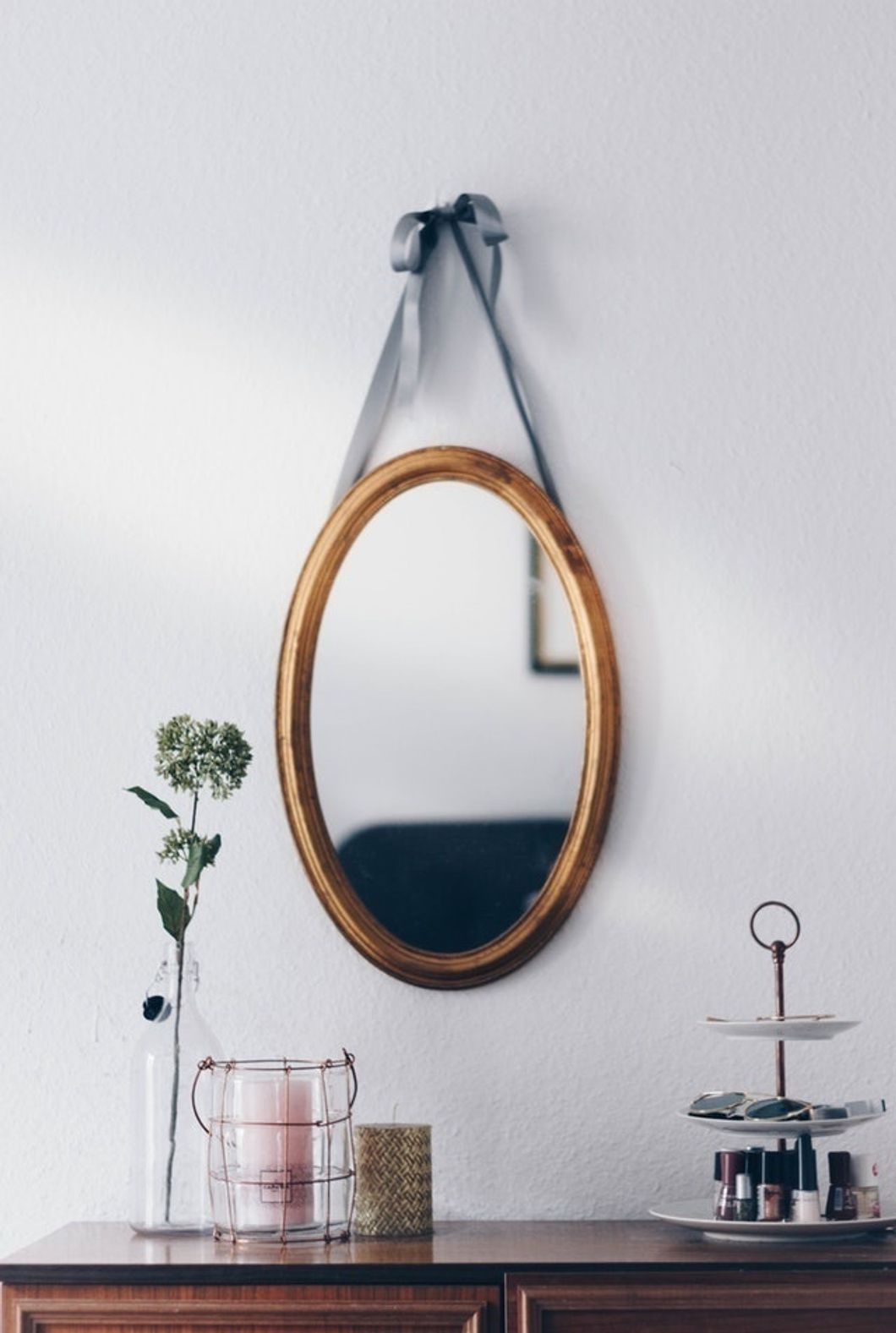
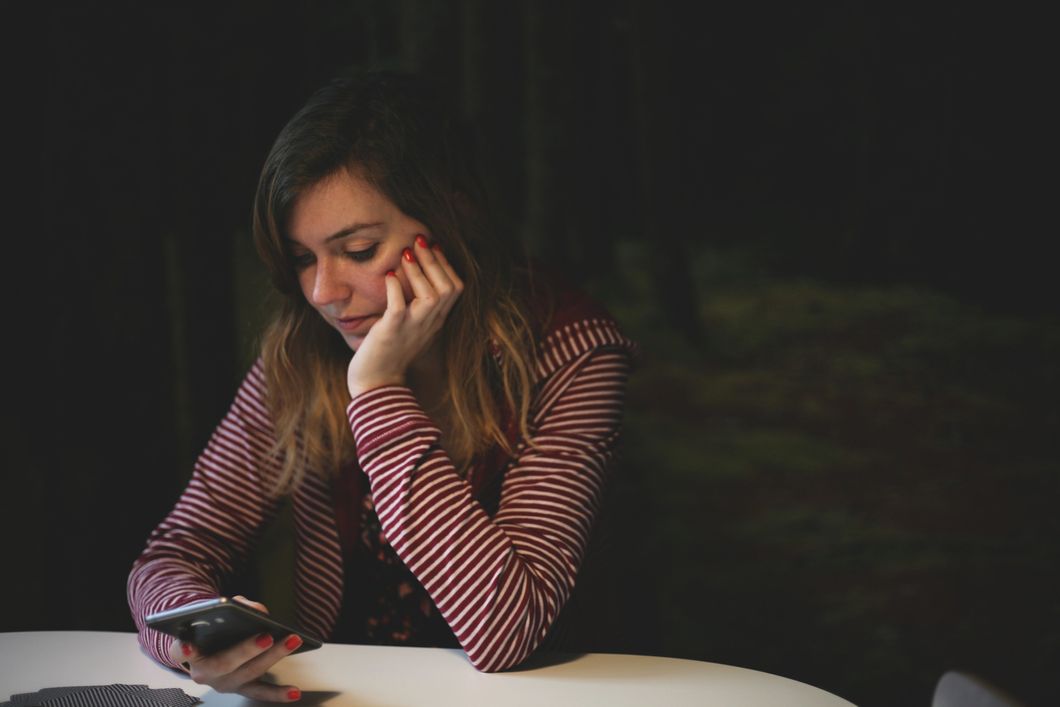









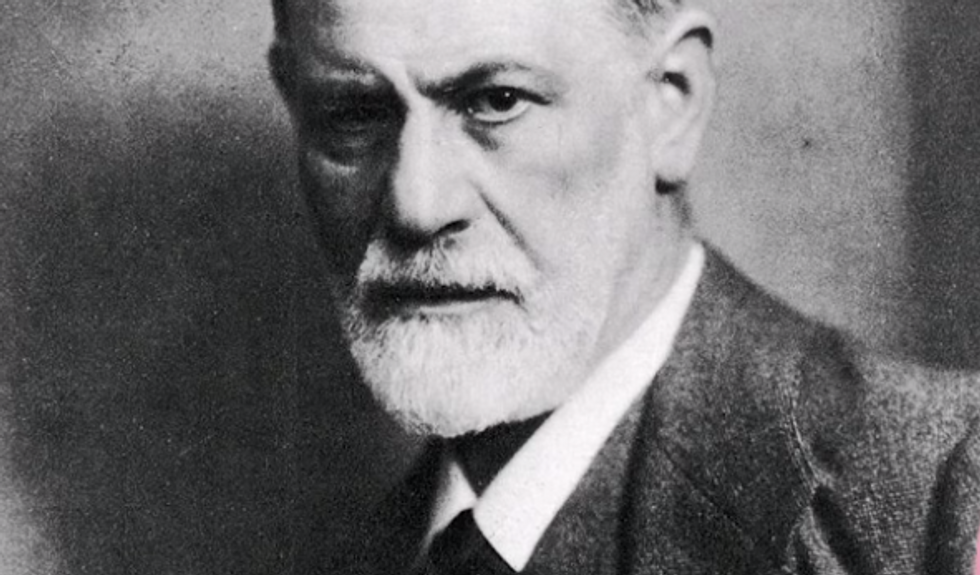
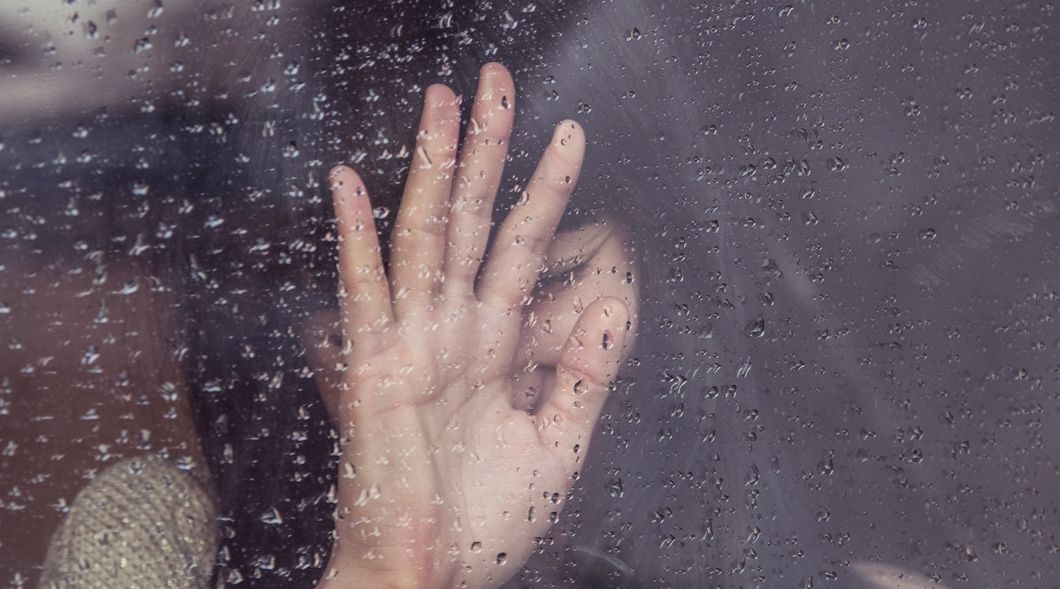


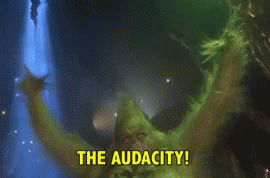


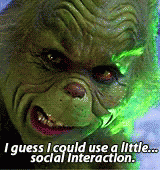



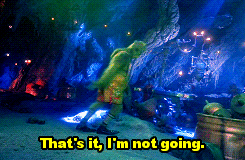
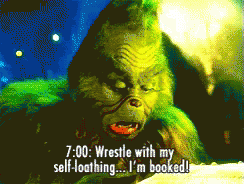
 Animated GIF - Find & Share on GIPHY
Animated GIF - Find & Share on GIPHY


